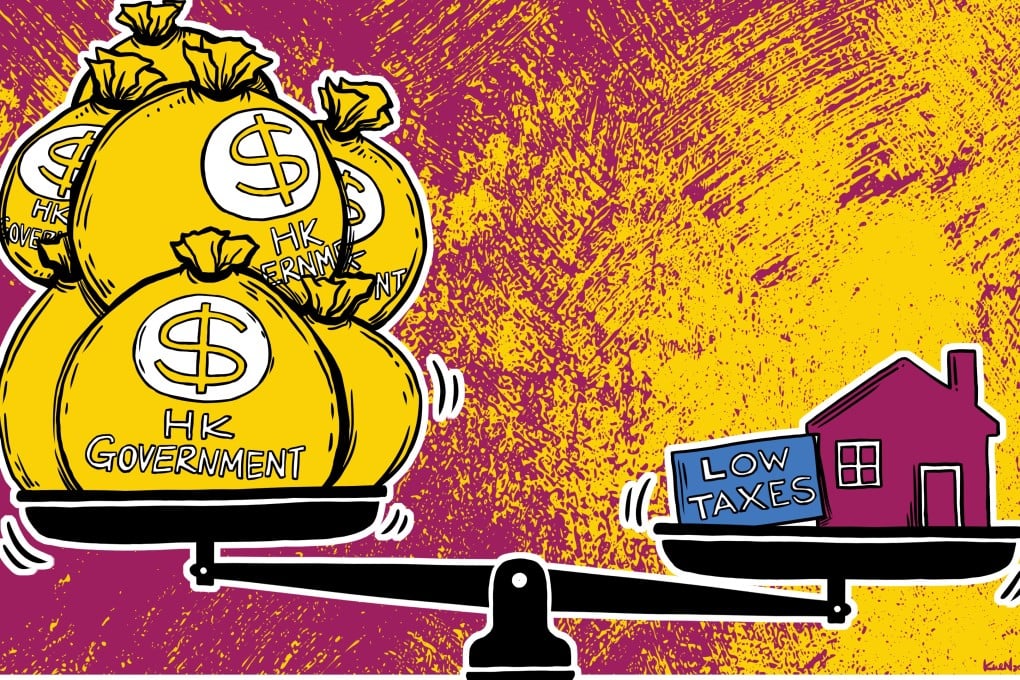Hongkongers pay a price for their low taxes through the world’s most expensive homes and smallest living space. Here’s why
- In a new series delving beyond the social unrest in Hong Kong to survey the city’s deep-rooted problems, the Post is focusing on the role of housing in causing great disaffection in society.
- In this first instalment, we examine how the issue of high land prices is linked to government financing and the low-tax environment.

For two hours a day in the past fortnight, Edward Chan hung around after work at the Prince Edward metro station in Kowloon.
Teenagers continued to gather at the station, and Chan, who works in logistics, found himself acting as their counsellor, dispensing advice to the youth.
Hong Kong “is rotten to the core, with many issues affecting our livelihood, even if the city has a great international image on the surface”, according to Chan, who lives in a 350 sq ft flat with his wife and their 13-year-old daughter.
Chan, 39, is among the tens of thousands of Hongkongers who have been expressing their collective grievances in street rallies in one of the world’s most prosperous urban centres.
The spark that ignited the city’s worst political crisis has shifted from a controversial extradition bill to general rage against the local authorities for their ineffectiveness in addressing some of the most pressing issues affecting life in Hong Kong: housing, job satisfaction, education and future prospects.